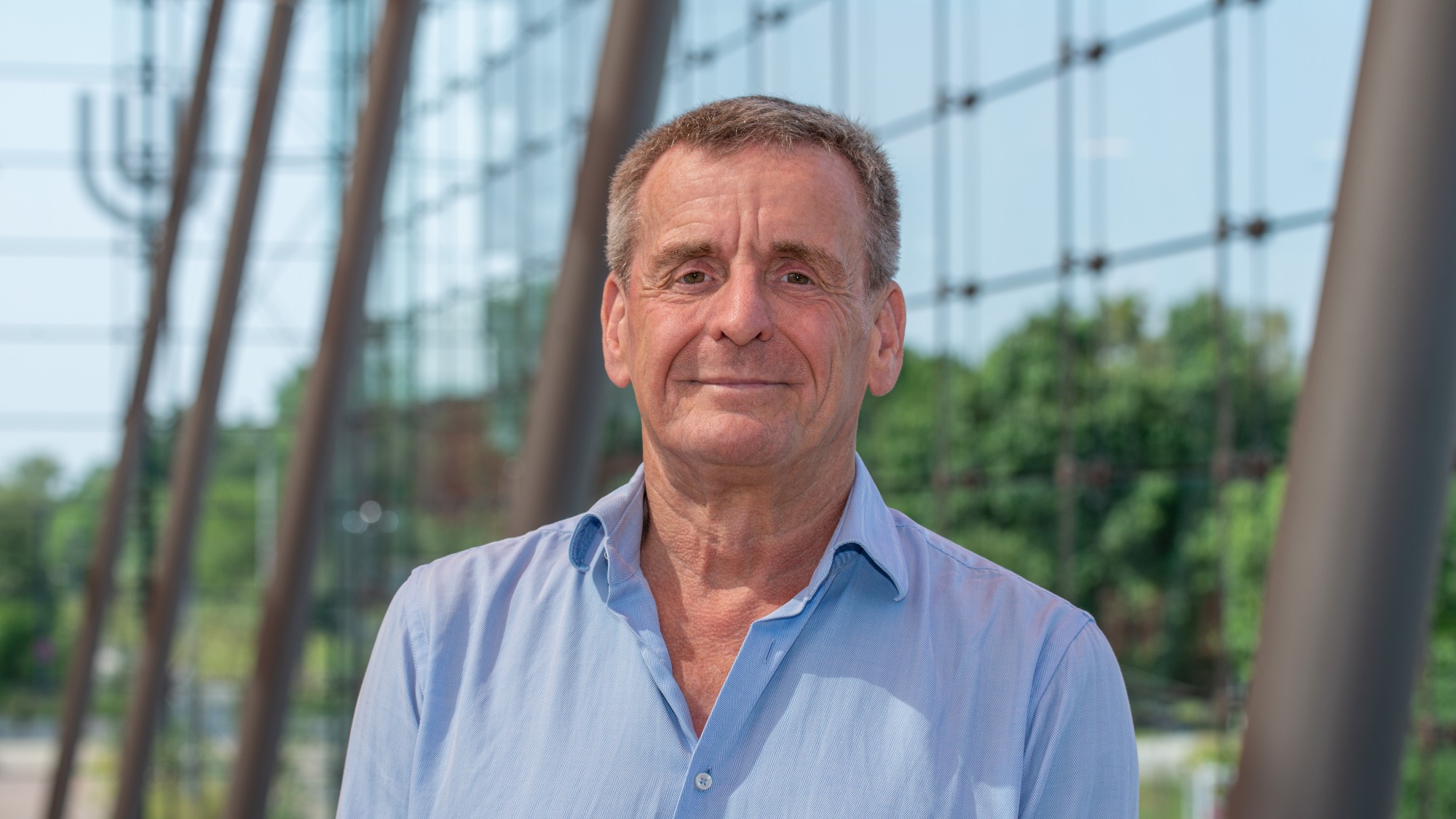
© Felix Clebowski / Universität Bremen
Democracy in Decline?
An interview with political scientist Professor Klaus Schlichte for the International Day of Democracy on September 15.
Autocracies are arising in many areas of the world. At no other point in the last 20 years were so few states democratically ruled as now, a Bertelsmann study discovered last year. But this is no reason for resignation according to Klaus Schlichte, professor for international relations and global society. He is convinced that the outlook is not as grim as often believed.
Professor Schlichte, you requested that we use a question mark and not an exclamation point after the title “Democracy in Decline.” Why is this?
Superficially, it may seem as though democracy is in a global decline. There are several indicators that point to this. However, from a longer-term perspective, the situation isn’t nearly as bleak. Democracy has never been implemented in a linear movement and there have always been setbacks and accelerations in democratization. Right now, we are experiencing a downturn, but this is not the final outcome, as the story continues to unfold.
What makes you so certain?
Admittedly, it is difficult to speak with certainty about the future. But my perception is that the belief in democratic norms such as the rule of law remains, despite autocratic tendencies. A crucial component of democracy is the belief that a state is accountable to its people and is not above justice and the law, and this belief continues to spread and is difficult to dial back. Interestingly, even dictatorships hold elections, and try to keep up this image. The democratic norm has obviously not disappeared if even dictators rule in adherence to it. But there is also a functional requirement. Democratic conditions are characterized by self-organization. The more differentiated a society is, the more complex it becomes, which makes it much more difficult to subject to authoritarian control.
Your research includes an in-depth study of Africa. What do you make of the developments there?
The continent is experiencing a significant shift away from democracy, although democratic values have not entirely disappeared in the absence of changes in administration through elections. I would argue that merely manipulating or disrupting electoral processes by an authoritarian leader does not automatically equate to a loss of democratic values across society.
You mentioned that there are temporary setbacks. How do you explain these?
Barrington Moore, the founder of political sociology, said, “no bourgeoisie, no democracy.” Who holds the power to force a state that has no desire to become democratic to open itself up to this, to relinquish control over resources and decisions? Both in European history and in the history of the United States, this has been the middle class.
Germany is currently experiencing a societal transformation that is quelching the middle class. Many are experiencing increased economic hardship, while a privileged few are accumulating wealth. The shift in social dynamics often manifests itself as a backlash against minority groups who are not fully integrated, or that some believe should not be integrated at all. Feelings of disenfranchisement from the established order may lead some to vote for the AfD. The paradox lies in the fact that voting for this party may be seen as a democratic act even though this party is, in my opinion, overwhelmingly not. The lack of a popular alternative on the left side of the political spectrum that bridges this gap or challenges this ideology is particularly alarming, as it recalls parallels to the Weimar period.
Many people are concerned because of these developments.
I think that we are much better situated in our federal democracy than, for instance, France is with its centralized system. Overturning our constitution would be very difficult. But I am more concerned about the field of active politics and institutions. In my perspective, the democratic parties are already in crisis. Participating in party politics just isn’t terribly attractive in Germany. And I am quite certain that times will become more contentious, discordant, and abrasive. Which doesn’t mean that democracy is in danger.
How helpful is an International Day of Democracy?
Speaking about democracy is important, independent of any special annual observances. Politics is not decided in parliaments; people and their everyday culture determine how good and strong a democracy is. As the not particularly democratic thinker Vladimir Ilyich Lenin said, the change in behavior of millions of people is a formidable force. And when I look at how we live now compared to 30 or 40 years ago, life has become more democratic – at universities, in companies, and in families.